Already this morning more than 6,000 migrants from Morocco arrived in Ceuta, Spain. Of this large group, 2,700 have already been deported to Morocco, according to Spain’s Interior Minister Fernando Grande-Marlaska. Police were forced to use tear gas against the stone throwers. The Moroccan coast and Ceuta (on the shortest stretches) are about 15 kilometers away. One person died at the crossing. Spain’s Prime Minister, Pedro Sanchez, has assured that order will be restored as soon as possible.
Yesterday alone, some 5,000 people arrived in Ceuta – never before had there been so many of them in a single day. Grande Marlaska says there are more people on the Moroccan side who want to cross the border illegally. According to Spanish media, about 100 additional migrants arrived today in the other Spanish enclave of Melilla. Prime Minister Sanchez canceled a visit to Paris due to the arrival of many immigrants and he still visits Ceuta and Melilla today.
According to Spanish media, Morocco offered free passage into the enclave, as suddenly there was no longer security at the border. Migrants achieved their goal by swimming or walking. They took advantage of the low tide.
Gate at the border gate
Spanish television showed footage of soldiers transporting the migrants one by one to a gate in the border fence to return them to Morocco. Four armored vehicles rolled onto the beach in front of the fence. On the other side of the border, a large crowd was waiting for an opportunity to reach Ceuta. Some of them threw stones at the fence, after which the Spaniards bombed them with tear gas. A row of soldiers with batons prevented the swimmers from descending. Completely exhausted people were taken to ambulances on stretchers.
The government sent army units and 200 additional police officers to Ceuta to protect the enclave. About 2,700 migrants have already been returned to Morocco. Sanchez stressed that Spain continues “to protect the safety of Ceuta from all dangers.” Morocco has quarrels with Spain and would have turned a blind eye to storming the enclave. The government in Rabat is contradicting this.
Ceuta, which is located 17 kilometers south of the Spanish coast, has been a European monarchy for six hundred years and now has a border of more than 6 kilometers with Morocco. Melilla is located to the east on the coast of North Africa and about 150 kilometers from the Spanish mainland. The enclaves together cover more than 30 square kilometers and have a total population of about 170,000.
Unlike yesterday, Moroccan police cooperated with attempts to stop migrants using tear gas. Authorities say an estimated 1,500 of the 6,000 immigrants are minors. They surrendered with sticks and rods against agents who wanted to stop them. Three members of the Civil Guard were wounded. According to local media, a migrant drowned during the trip to Ceuta.
Ceuta and Melilla, the other Spanish enclave in Morocco, are the only land borders between Africa and the European Union. Therefore, they are popular places for immigrants who want to go to Europe.
Bad relationships
Relations between Spain and Morocco deteriorated recently after Spain took on a man fighting for the independence of Western Sahara. The region was formerly a Spanish colony and is now largely controlled by Morocco, but the Polisario movement wants to create its own state in the region. Ibrahim Ghali, the leader of that movement, is now being treated for Coronavirus in Spain. According to Spain, Galli was only accepted on humanitarian grounds (due to his illness) and this decision has nothing to do with the struggle for independence.
The European Commissioner for the Interior, Elva Johansson, called on Morocco to prevent “irregular departures”. She found the situation in Ceuta troubling and stressed that Spain’s borders are also European. European Union President Charles Michel spoke in similar terms. Sanchez warned that the situation represents “a serious crisis for Spain, but also for Europe.”
Unlimited free access to Showbytes? Which can!
Sign in or create an account and don’t miss the chance to star.

“Lifelong food practitioner. Zombie geek. Explorer. Reader. Subtly charming gamer. Entrepreneur. Devoted analyst.”






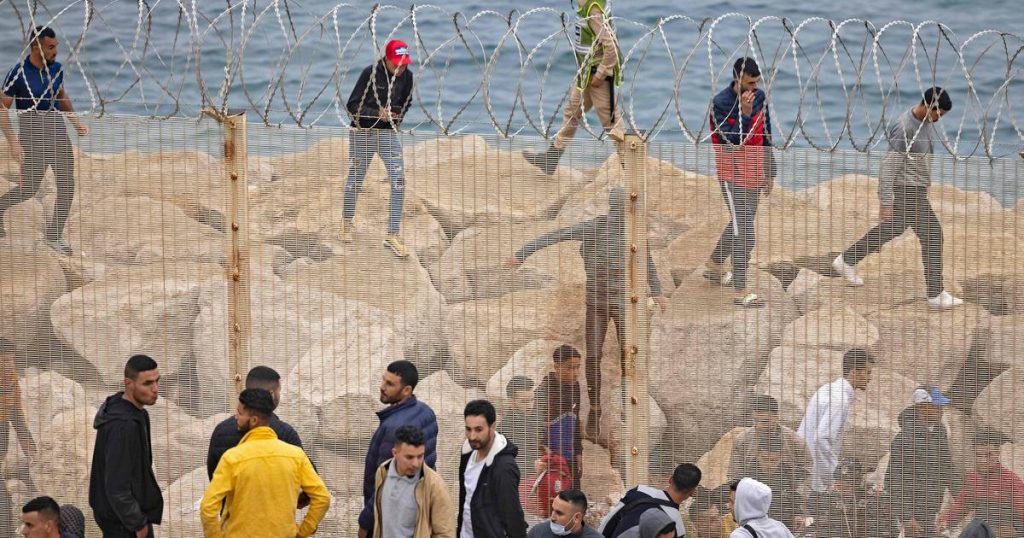
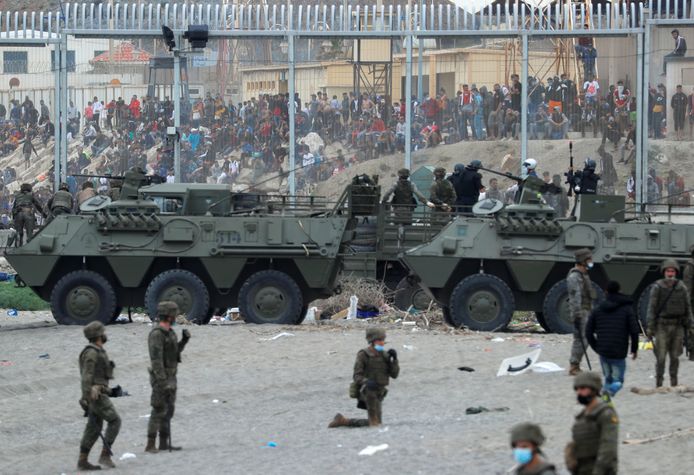
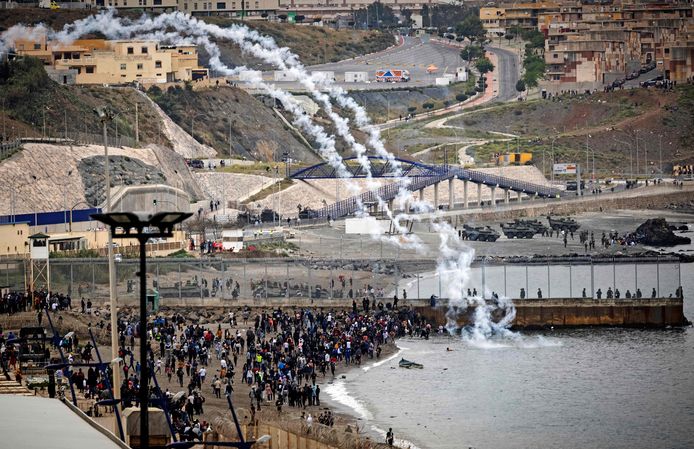
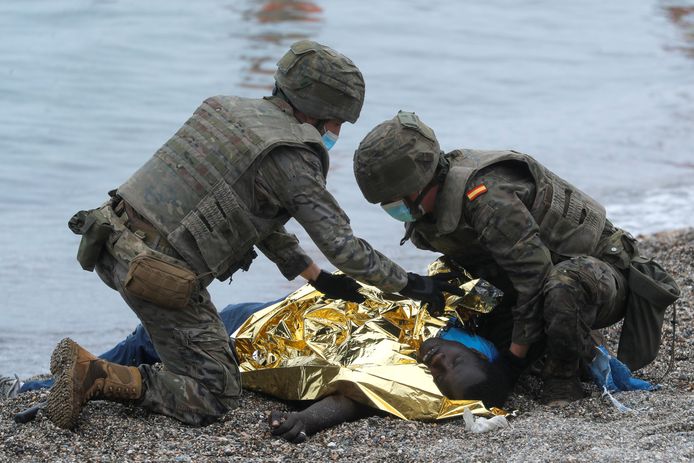
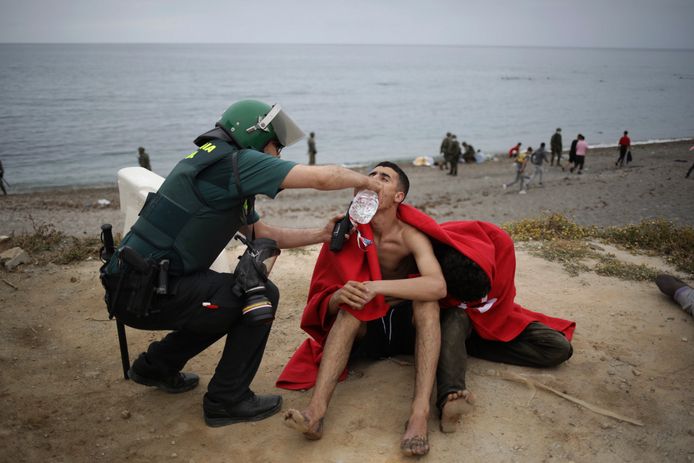
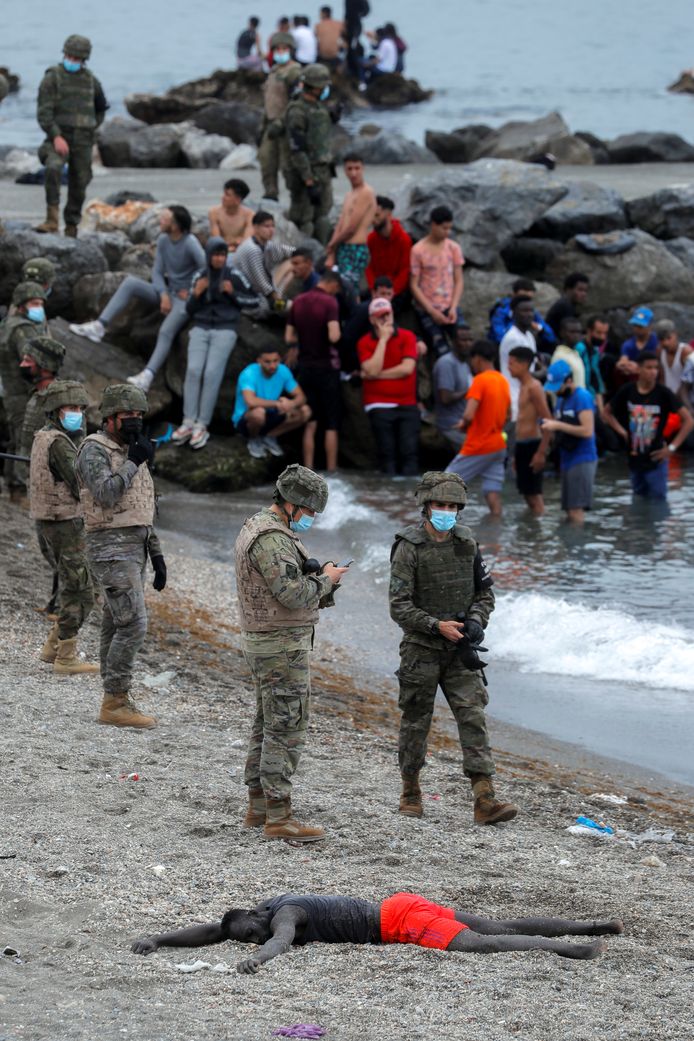
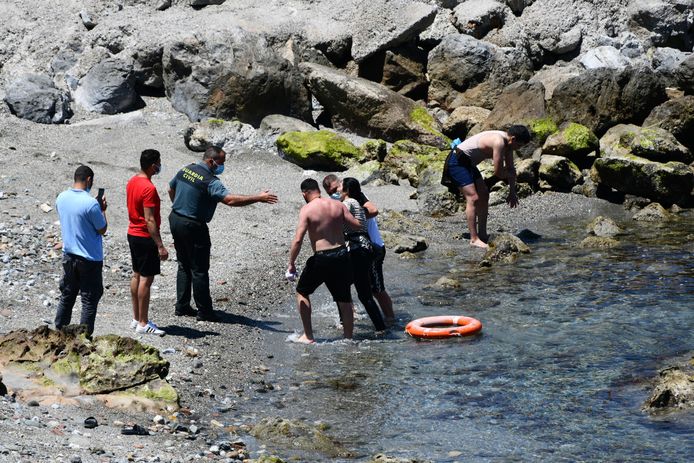
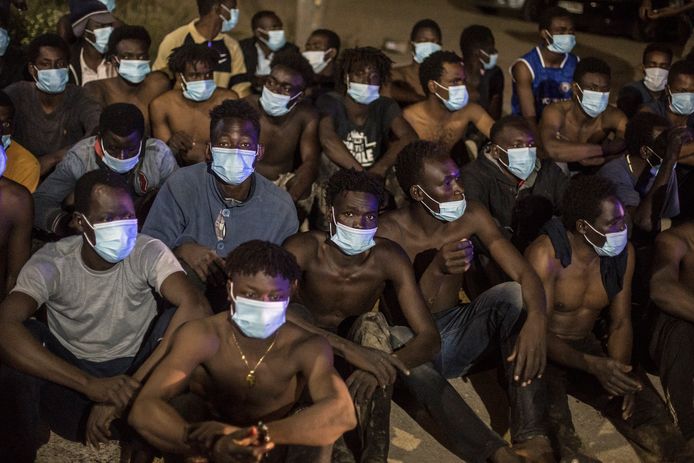
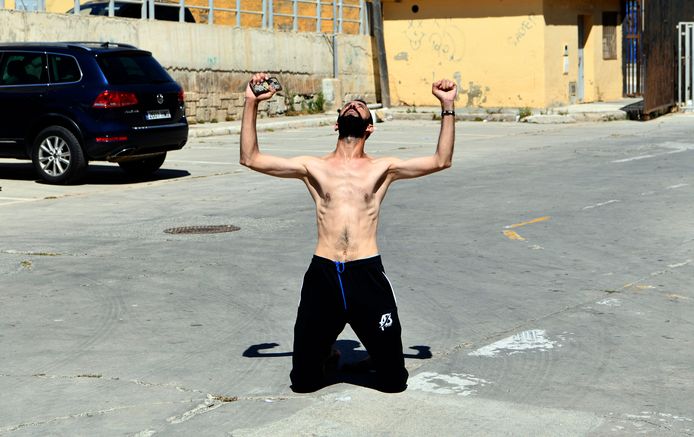
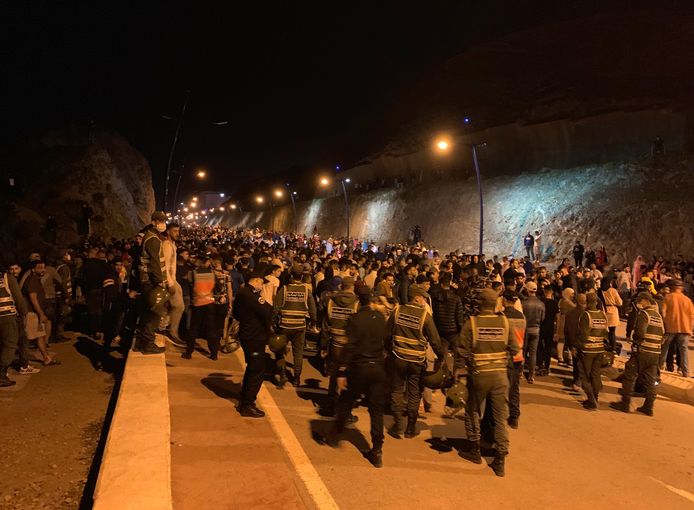



More Stories
Revealing the ten countries that support Ukraine the most
Funny protest against mass tourism in Galician village
Kamala Harris has wind in her sails, but Trump can still win